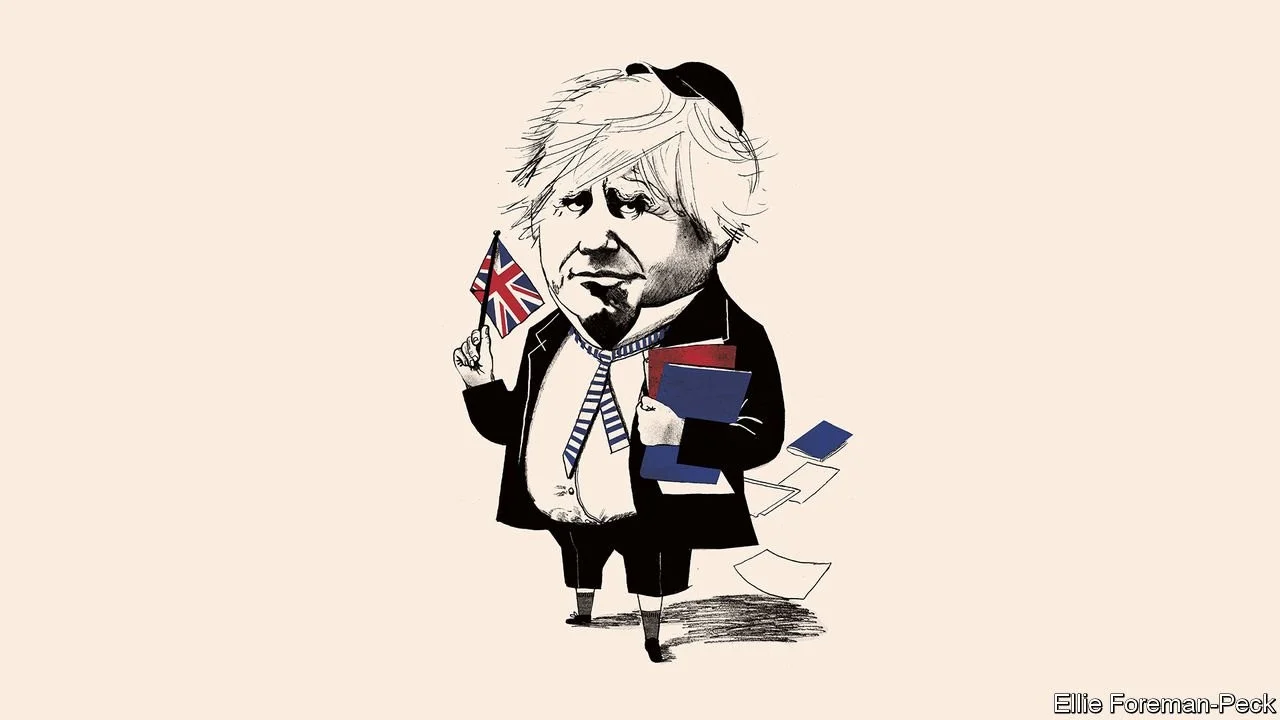
On Wednesday, Mele Kyari, group managing director of the Nigerian National Petroleum Company (NNPC) Limited, said suppliers, through the direct sales direct purchase (DSDP) arrangement, imported all four PMS cargoes with methanol-blended petrol into the country.
According to Kyari, the suppliers inclde MRS, Oando, Emadeb Consortium, and Duke Oil — a subsidiary of NNPC.
He said NNPC, on January 20, 2022, received a report from its quality inspector on the presence of emulsion particles in PMS cargoes shipped to Nigeria from Antwerp, Belgium.
WHAT IS DSDP — NIGERIA’S OIL SWAP ARRANGEMENT
The DSDP arrangement is a strategy by NNPC to ensure a sustained supply of petroleum products in the country.
Under the country’s crude swap arrangement, DSDP allows crude oil to be exchanged for petroleum products — mainly petrol and kerosene.

NNPC HQ, Abuja.
When the crude oil is sold to refiners, in return, proportional petroleum products would be supplied by the companies, selected through bid rounds.
In 2015, NNPC had ended its offshore processing arrangement (OPA) in favour of DSDP, and in 2016, it entered into its first DSDP contracts.
Earlier on Wednesday, MRS Oil Nigeria Plc, an oil marketer, had said the NNPC, through its trading arm, Duke Oil, imported the off-spec PMS.
It said the NNPC, through Duke Oil, supplied a cargo of PMS purchased from Litasco, an international trader, and delivered it with a motor tanker (MT) Nord Gainer.
MRS said the vessel was discharged in Apapa between January 24 and 30, 2022, and distributed to major marketers.
MRS issued the disclaimer in response to rumours on social media that it allegedly imported off-spec petrol into the country.
Oando and Emadeb Consortium also denied importing off-spec petrol products.
In a video circulating online, a petrol attendant wearing an MRS uniform was seen dispensing what appears to be ‘bad petrol’ to a customer.
On Tuesday, the Nigerian Midstream and Downstream Petroleum Regulatory Authority (NMDPRA) had confirmed that petrol, with methanol quantities above Nigeria’s specification, was discovered in the supply chain.
The development led to long queues across Lagos and Abuja as many filling stations shut down services to clean their tanks.
DUKE OIL — BUSINESS SUBSIDIARY OF NNPC
Given the ongoing ‘off-spec petrol’ controversy, Duke oil was thrust into the limelight again. Duke Oil Company Incorporated (DOCI) — founded in 1985 — was registered in Panama in 1989, during the administration of Ibrahim Babangida, a former military head of state.
The international oil trading company is the wholly-owned subsidiary of the NNPC established to serve as an intermediary between the national petroleum company and the international oil traders.
Duke is the arm of NNPC responsible for direct oil trading activities to “achieve operating capability, downstream integration and additional profit from oil,” according to its profile on LinkedIn.
“The company was formed by NNPC as part of a comprehensive review of its structural and business requirements necessary to achieve the corporation’s desire for a financially strong and independent integrated international oil and gas company,” the profile reads.
“However, the company’s JV engagements were brought to an end in 1995 when it was considered that its capability had grown sufficiently for it to commence trading operations on its own, on stand-alone basis.
“Since the commencement of independent trading operations, Duke Oil has been steadily increasing its operating and financial capacity in both crude oil and petroleum products activities.”
In 2019, Duke, initially based at the NNPC’s office on Hammersmith Road, London, moved to Dubai, according to its financial records.
WHO ARE THE TOP MANAGEMENT OF DUKE OIL
Kyari doubles as a director of Duke Oil. Before his present appointment, Kyari was the group general manager (GGM), crude oil marketing division of the NNPC. Umar Ajiya, the chief financial officer (CFO) of NNPC, is also a director on the board.

Mele Kyari, NNPC GMD.
Other directors include Umar Aminu, Lawal Sade, Lawrencia Ndupu, Muhamad Suleiman, Adokiye Tombomieye, and Philomena Ikoko — while Adekunle Adegun serves as secretary to the board.
According to financial records seen by TheCable, the company has no employees other than its directors. Staff were provided to the company by other group entities under service agreements.
WHAT IS THE FINANCIAL POSITION OF DUKE OIL?
According to its 2020 audited financial statement, it recorded £247.6 million as profit, up from £94 million in 2019.
Also, according to the company’s records, no dividend was declared in 2020 and 2019.
By Bunmi Aduloju/TheCable




